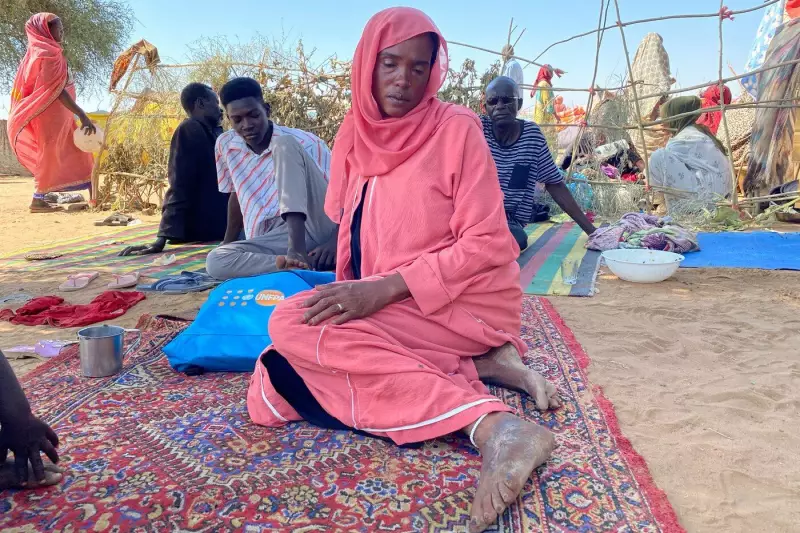
Human rights organizations are raising urgent concerns about Canadian-made weapons appearing in Sudan's brutal civil war, calling on the federal government to implement stricter arms export controls immediately.
The Disturbing Evidence
Recent monitoring and documentation by arms trade watchdogs have revealed that military equipment manufactured in Canada is being actively used in the ongoing conflict between Sudan's military and the Rapid Support Forces paramilitary group. This discovery has sparked outrage among humanitarian organizations who argue these weapons are contributing to widespread civilian suffering.
Growing Humanitarian Crisis
The situation in Sudan has deteriorated dramatically since fighting erupted in April 2023. The United Nations reports that nearly 25 million people now require humanitarian assistance, with millions displaced from their homes and facing severe food shortages. The presence of Canadian weapons in this conflict zone adds a troubling dimension to an already catastrophic situation.
Advocacy Groups Demand Accountability
Several prominent organizations, including Project Ploughshares and Amnesty International Canada, are leading the charge for greater transparency and stricter regulations. They argue that Canada's current arms export system contains significant loopholes that allow Canadian military technology to reach conflict zones through third-party transfers.
The Legal Framework Question
Canada is signatory to the Arms Trade Treaty, which requires countries to assess whether exported weapons could be used to commit human rights violations. Advocacy groups contend that the government is failing to adequately enforce these provisions, particularly when weapons are transferred through intermediary countries.
Government Response Under Scrutiny
While Global Affairs Canada maintains that it takes arms export controls seriously, critics point to what they describe as a pattern of inadequate oversight and enforcement. The department has faced repeated calls to publicly disclose more detailed information about arms export approvals and to implement more rigorous monitoring of how Canadian military equipment is ultimately used.
Broader Implications for Canadian Foreign Policy
This situation raises fundamental questions about Canada's role in global conflicts and the effectiveness of its ethical framework for arms exports. As the humanitarian situation in Sudan worsens, pressure is mounting on the Canadian government to demonstrate that its actions align with its stated commitment to human rights and international peace.
The ongoing controversy highlights the complex challenges in regulating the global arms trade and ensuring that Canadian military technology doesn't contribute to human suffering in conflict zones around the world.





